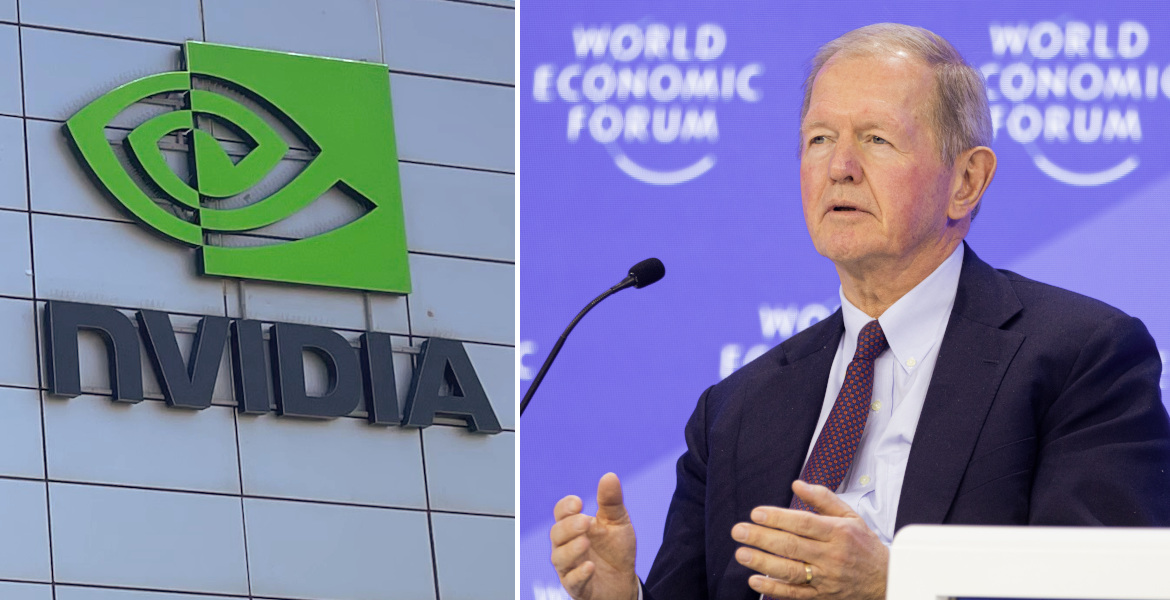I’ve been running a little experiment the past 10 days.
I carried two phones everywhere: my Google Fi device and my GrapheneOS device.
Every night, here’s how the batteries compared:
• Google Fi: about 5% left
• GrapheneOS: about 50–75% left
What’s going on here? Am I really using the Google Fi phone 2–4x more?
Actually it’s the opposite.
My GrapheneOS phone is my daily driver. That’s where I use Signal, Brave, podcasts, audiobooks, email, camera, notes, calendar, my language app, and other things.
Meanwhile, on my Google Fi phone, I’ve installed exactly two apps: Signal and Google Maps, and I also use it as an internet hotspot. I deleted as many preinstalled apps as I could without breaking the phone, but there are countless ones I can’t remove.
At first glance you might think the hotspot is what’s draining the battery. That’s certainly a factor, but for context I turn the device to airplane mode (and shutting off the hotspot) whenever I’m not using it.
Even with “aggressive battery saver” enabled and hours in airplane mode, the Google phone churned through its battery like crazy.
The fact that the Google phone’s battery still dies so quickly is revealing. Battery drain can actually be a useful indicator of how private your device is. Some of this comes down to deliberate privacy choices, and some of it comes from the inherent design of each operating system.
Battery life is a rough but useful proxy for what’s happening under the hood.
If your phone is dead by dinnertime even when you barely use it, something else is doing the work. And “something else” usually means:
• Background services constantly phoning home
• Analytics trackers collecting usage data
• System-level apps pinging servers even when you think they’re off
• Push notification frameworks that keep connections alive 24/7
That invisible activity not only kills your battery, it shows how much your phone is reporting back without your consent.
The way I use my devices also makes a huge impact on how much background activity is happening.
On Graphene, I silo apps across six profiles. My main profile has all the functionality I mentioned before. And I’m constantly using the device, but a lot of what I do doesn’t require connectivity. I can take pictures, listen to music, write notes, and listen to audiobooks all without needing to be online.
When I want to check messages, email, or browse the internet, I simply turn WiFi on, and when I’m done I turn it off again (like turning off a light switch when I leave a room).
I also have other apps I rarely use, some of which are more privacy-invasive, like Uber or others that require sandboxed Google Play Services. These are kept in secondary profiles, and when those profiles are inactive, they’re effectively powered off. This means there’s no chance of these apps running in the background.
Meanwhile, on the Google Fi phone, even though I tried to delete as much bloatware as possible, there are countless apps I can’t uninstall and processes I can’t turn off.
Google Play Services is the biggest offender: It’s a hugely invasive process with elevated system permissions that is always on. You can think of it as a hidden operating system layered on top of Android, handling push notifications, location data, updates, and telemetry. It’s not optional.
In some cases it can actually make your battery more efficient by centralizing notifications instead of having each app run its own system. But that depends entirely on how you use your device.
For example, I don’t have a ton of apps on that device that need all their processes to be centralized in a single, more efficient system. I just have 2 apps.
And I don’t use notifications at all, which means that the centralization of push notification services isn’t helpful to me. And even if I did use notifications, Signal is capable of handling its own push notifications without Google Play Services. So for my setup, having Play Services constantly pinging servers and running countless background processes is overkill. It makes a data-minimalist setup impossible.
Unlike most Android phones, and especially Google Fi, GrapheneOS doesn’t come with bloatware. It doesn’t have the same preinstalled junk running in the background — it’s an incredibly stripped down OS. If you want Google play services you can install it, but it’s sandboxed just like any other app, without elevated permissions. That means it doesn’t get special system access to spy on everything you do like it does on Android.
On top of that, GrapheneOS lets you isolate apps into separate profiles, each with its own encryption key and background permissions. Apps in one profile can’t see or interact with apps in another.
This not only improves security, it massively reduces unnecessary background chatter. Most of the Graphene phone spends its day idle, instead of phoning home.
This comparison proved to me that even on a pared-down Google phone with limited use, there are countless processes running behind the scenes that I don’t control and don’t need.
And those processes make a huge difference in how fast the battery disappears.
I compared my results with others in my travel group. Their iPhones drained quickly too, even with moderate use. Apple is better than Android on privacy, but iPhones are still packed with system services constantly talking to Apple and 3rd party servers. Background iCloud sync, location lookups, telemetry reporting, Siri analytics etc all adds up.
In short: if your phone battery is always gasping for air, it’s because it’s working for someone else.
Battery life is a window into privacy. If your phone is constantly trying to talk to servers you didn’t ask it to, it’s both:
- Bad for your battery
- Bad for your privacy
When I travel, I want peace of mind that my phone won’t die halfway through the day. But even more than that, I want confidence that it isn’t secretly working for someone else.
I don’t pretend to know every technical reason that Google Fi and Apple drain so fast, but I do know that I have far less control over their processes than I do on Graphene. On Graphene, I can granularly control which apps access the internet, I can eliminate Google Play Services entirely, I can block apps from accessing sensors they don’t need. I can essentially be a data minimalist, while still having all the connectivity I want on the go.
And the difference in performance is stark. My Graphene phone lasts all day, even with heavy use. It’s calm, efficient, and private. The others are invasive, have hidden connections, and more background processes.
Battery life and privacy are more connected that we might realize, and GrapheneOS is winning on both. It’s another reason why switching to Graphene was one of my favorite privacy choices I’ve ever made.
Check out our video here if you’d like to learn how to install it:
Yours in privacy,
Naomi









